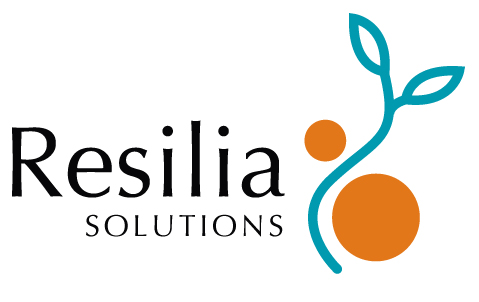2021 is a ‘food year’ for URBACT: promoting food democracy and food sovereignty at the initiative of URBACT good practice city Mouans-Sartoux (FR) and the URBACT Transfer Network BioCanteens that it has led (with partner cities in Belgium, Bulgaria, Greece, Italy, Portugal and Romania).
URBACT will be supporting regular activities of networks around food topics and also creating a specific web page of the URBACT Knowledge Hub, dedicated to urban sustainable food systems – all with the aim to support cities in their transitions to more sustainable food systems!
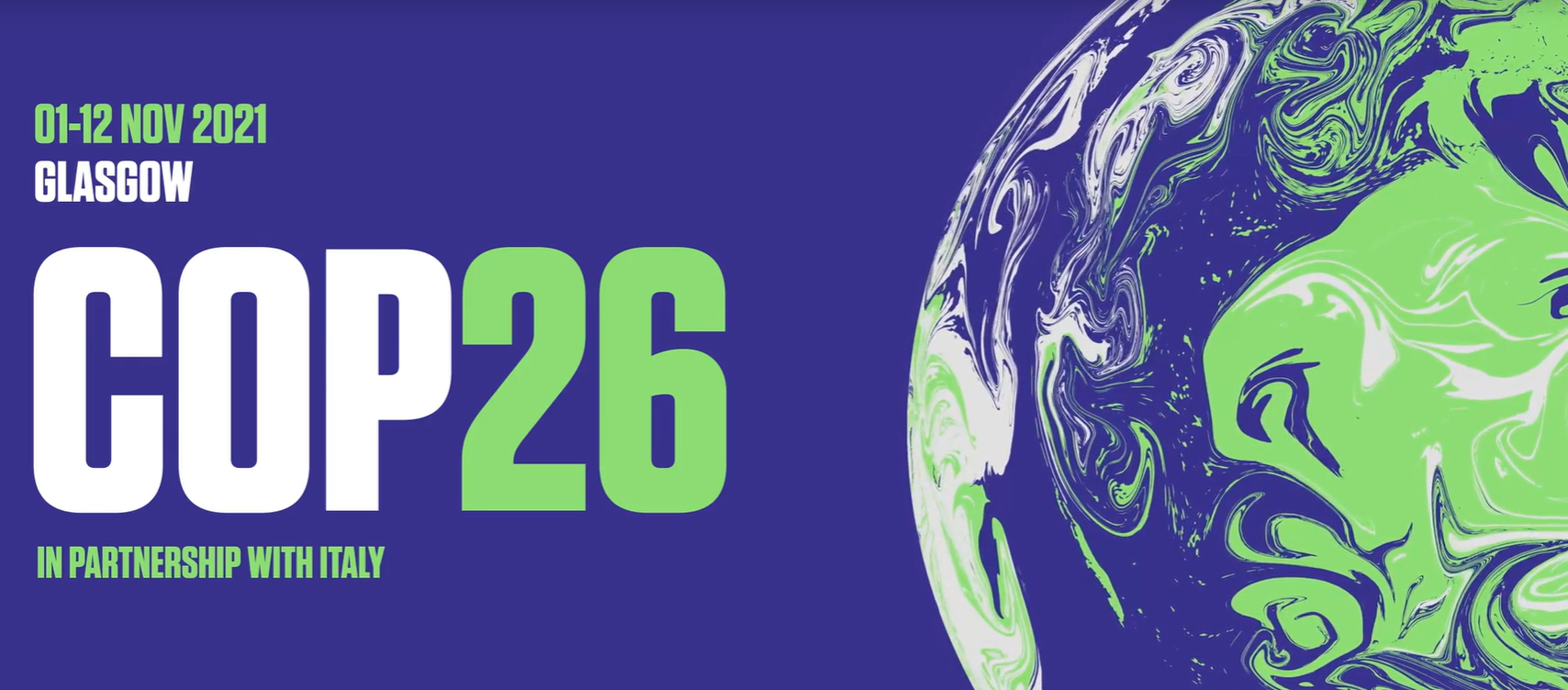
These efforts also aim to build energy and commitment towards the Glasgow Food and Climate Declaration – drafted by a coalition of subnational governments, UN agencies and NGOs in consultation with city and regional governments – which will be officially launched at the 26th UN Climate Change Conference (COP26) in November 2021. We will be encouraging as many cities as possible to sign the declaration!
So, we have quite a busy year ahead that we describe in more details here…
Building more sustainable food systems
Today’s food systems account for 21-37% of total greenhouse gases (GHGs). They are a primary cause of environmental degradation and significantly contribute to socio-economic and health inequalities. As such, sustainable food systems worldwide must be founded in access to healthy diets and nutrition for all, agroecology and regenerative agriculture, circular economy, and the provisioning of just livelihoods.
Achieving these systems and meeting current challenges requires taking a food-systems approach that addresses the range and complexity of interactions within food systems. Cities and regions are already leading the way in pioneering integrated food policies and strategies to drive positive food system change at a local level, including:
- food waste reduction schemes;
- healthy and sustainable food procurement for public canteens;
- public campaigns to encourage behavioural change towards healthy diets, including the reduction of industrial meat and dairy consumption;
- the creation of urban gardens, agricultural parks, incubator farms, regional food hubs, and farmers markets;
- frameworks to support short supply chain and social and solidarity economy initiatives;
- strengthening agroecological development plans;
- integrated territorial and urban food planning;
- strengthening urban-rural linkages; and
- the development of pesticide-free and GMO-free districts, bio-districts and organic regions.
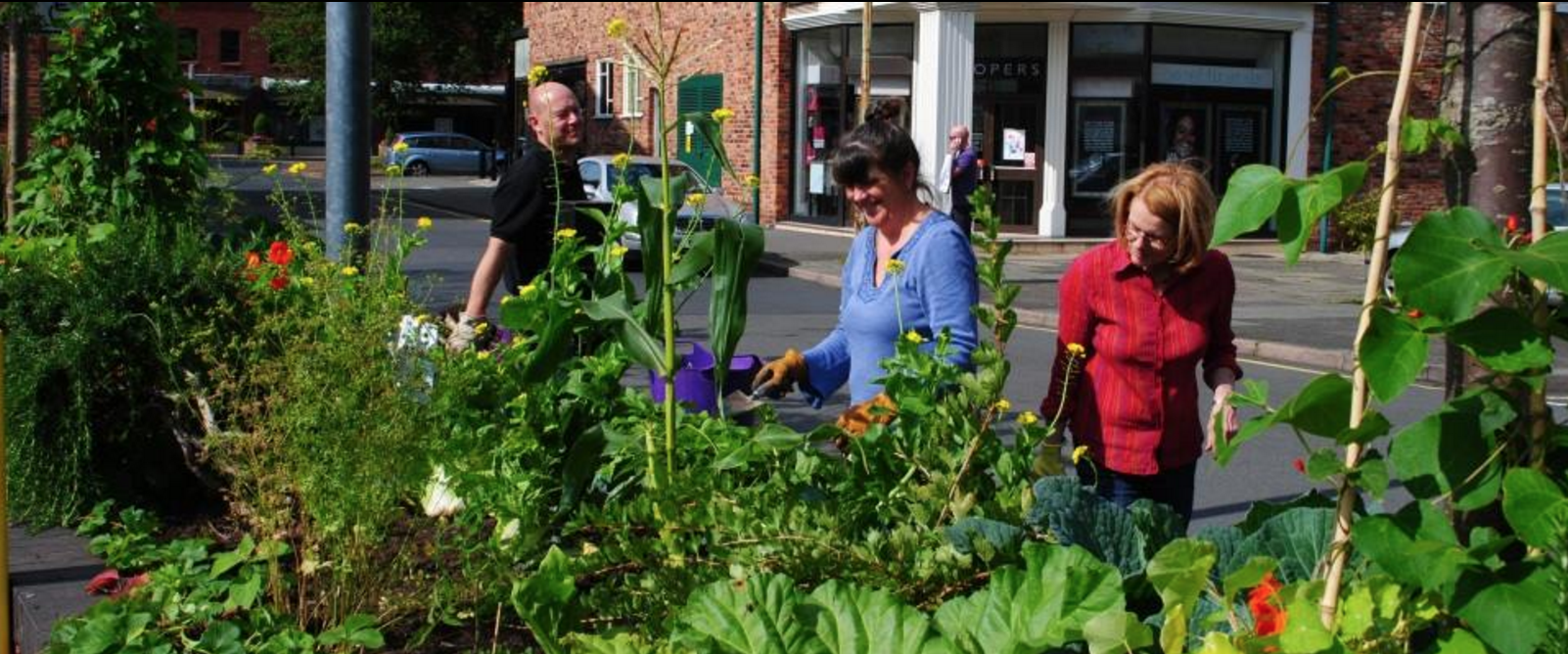
The Glasgow Food Declaration – we invite all cities to sign!
In November 2021, nearly 200 governments will come together in Glasgow for COP26, the most important climate change summit since the Paris Agreement. The Summit will face the monumental task of bridging the gap between countries’ current climate commitments and the significant transformation needed to tackle the climate and nature emergencies.
Building on this momentum and uniting the most forward-thinking government actors to create the changes we need, the Glasgow Food and Climate Declaration(link is external) is a powerful pledge by subnational and local authorities to accelerate the development of integrated food policies and a call on national governments and international institutions to act.
URBACT is a partner of this process and we invite all cities to sign it!
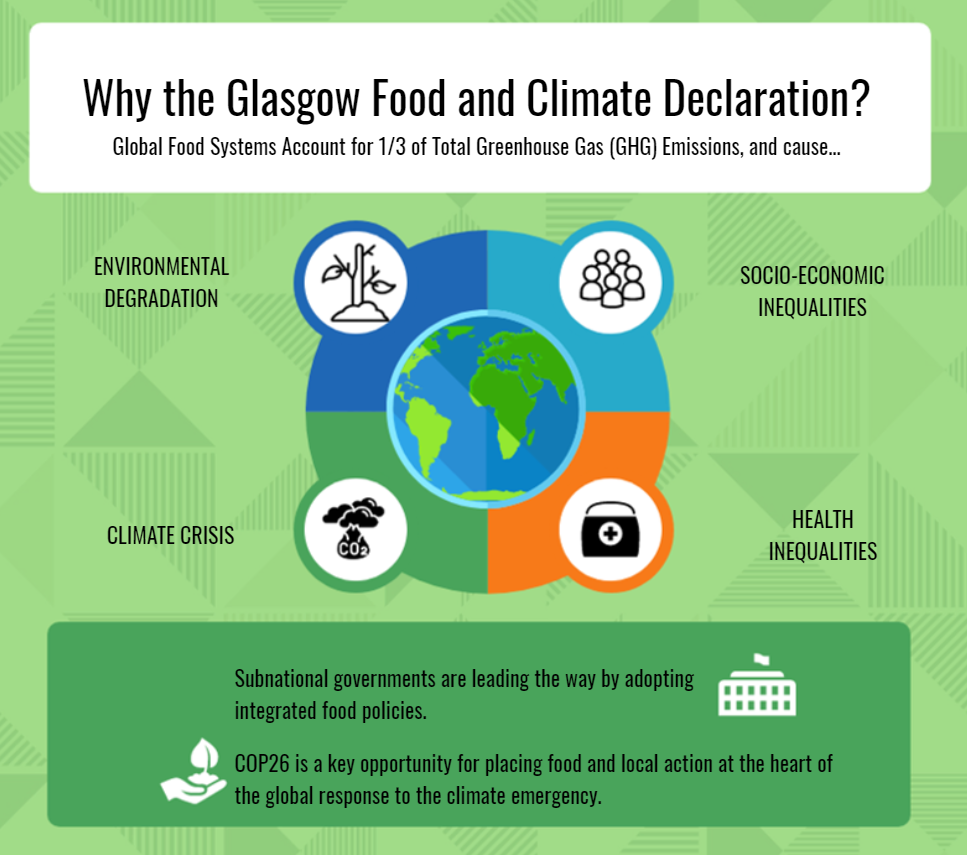
The Glasgow Food Declaration builds on previous work by the World Urban Forum Medellin, the Milan Urban Food Policy Pact, the C40 cities and others with the aim of bringing food systems’ transformation to COP26 as an integrated solution to the climate emergency. It promises to deliver co-benefits for biodiversity, ecosystem regeneration, circularity, access to sustainable and healthy diets for all, and the creation of resilient livelihoods for farm and food workers.
Mouans-Sartoux – a city leading the way on food democracy and sovereignty
Mouans-Sartoux is an URBACT good practice for its 100% organic school canteens and coordinator of the BioCanteens network. It has been active for decades on issues of integrated, sustainable urban food systems and has exemplified strongly some of the ways in which cities are implementing projects and actions that make local food systems more resilient and sustainable.
In particular, Mouans-Sartoux strongly advocates for food democracy and food sovereignty, as well as for making food an exception to many of the standard rules of public procurement.
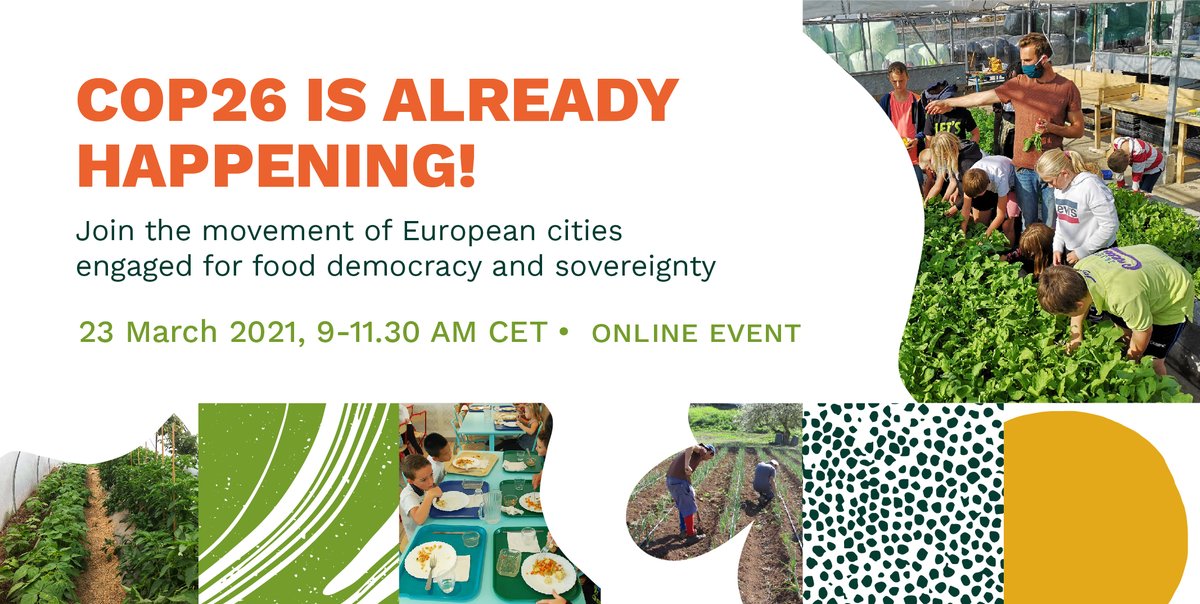
On 23 March 2021, Mouans-Sartoux is organising an eventinviting cities and experts to “Join the movement of European cities engaged for food democracy and sovereignty”. This is an invitation to go on a journey towards COP26 objectives and future targets – building on the experiences of cities that have already implemented solutions.
At the event, Mouans-Sartoux will present some of its projects that concretely contribute to the Glasgow Food Declaration and explain the role of national networks of cities as a key lever for cities to get engaged in similar ways. URBACT is proud to be supporting this event and we invite you to register here!
URBACT has everything in one place
URBACT’s Food Knowledge Hub page will soon be updated with more cases and practices from European cities, which can support you in your food system transition.
This page will build extensively on the knowledge and experience of seven networks of cities that have been supported by the URBACT programme since 2013 to work together specifically on topics of sustainable food and urban agriculture:
- Food Corridors – empowering rural & urban food connections within European regions
- BioCanteens – ensuring the distribution of sustainable school meals as a lever towards an integrated local agri-food approach
- RU:RBAN – transferring Rome’s management model of urban gardens
- BeePathNet – enriching the urban jungle with bees
- Sustainable Food in Urban Communities – developing low-carbon and resource-efficient urban food systems
- Agri-Urban – rethinking agri-food production in small and medium-sized cities
- Diet for a Green Planet – addressing the environmental impact of food systems
Visit the Food Knowledge Hub pageand look out for its regular updates to pave your own journey towards a more sustainable food system and your own city contribution to COP26!
Reposted from URBACT’s website.
